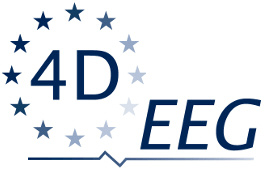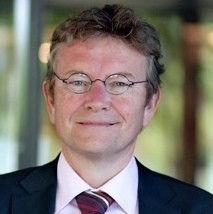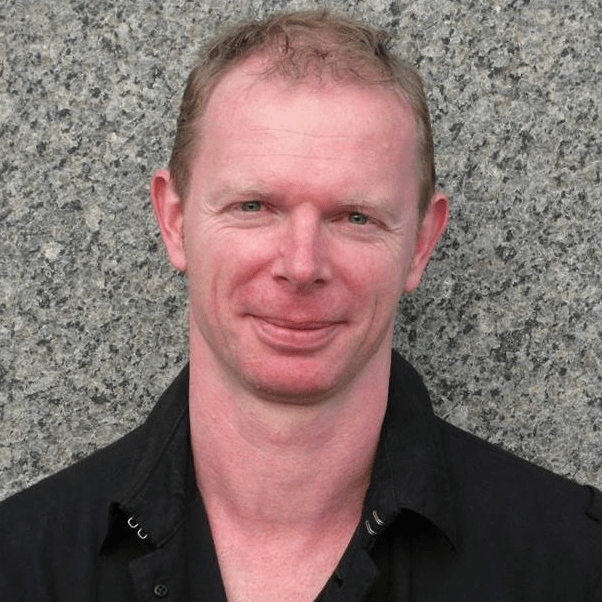4D-EEG
Assessing Arm Function Recovery Post-Stroke
Locations of Principal Academic Partners
TU Delft - Delft University of Technology
Department of Rehabilitation Medicine
Mekelweg 2
2628CD Delft
The Netherlands
Department of Biomechanical Engineering
PO box 7057
1007 MG Amsterdam
The Netherlands
Room PK-1Z008
VUmc VU University Medical Center Amsterdam
Department (link)
Address
VU University Amsterdam
AMS Research Institute Amsterdam
VU University Amsterdam
Van der Boechorststraat 7
1081 BT Amsterdam
Northwestern University
Department
633 Clark Street
Evanston, IL 60208
USA
Distribution of responsibilities
TU Delft – Delft University of Technology
Mechanical, Maritime and Materials Engineering (3Me)
- Biomechanics 100%
- Signal Analysis 50%
- Electrophysiology 50%
VU University Medical Center Amsterdam
Department of Rehabilitation Medicine
- Medical Science 100%
- Electrophysiology 30%
- Signal Analysis 15%
VU Amsterdam
Department of Human Movement Sciences
- Signal Analysis 70%
- Electrophysiology 60%
- Neuroscience 50%
Northwestern University Chicago
- Biomechanics 50%
- Electrophysiology 30%
- Clinical Science 10%
Universities
Partners
Years
Papers
Goals
Our goal is to understand how stroke patients recover control of their arm. We expect to reveal why only a few patients regain complete use of their arm, and which brain activation patterns indicate better chances of recovery. In the future, this knowledge will help obtaining maximum recovery by adjusting the rehabilitation programs according to the patterns of brain activity present in each patient. Read more details here.
Responsible
Principal Investigator
Frans van der Helm
Co-PI
Gert Kwakkel
Contributor
Andreas Daffertshofer
Official Network news
At the 4D-EEG website you will find more information about …
4D-EEG Project Video
watch the Video below, for a short explanation of the project …
Cooperation Partners
Industrial Organisations
This project has received funding from the ERC European Research Council (ERC Grant Agreement n. 291339-4D-EEG)
Get In Touch.
If you are interested in working together, send us an inquiry and we will get back to you as soon as we can!
Other Networks
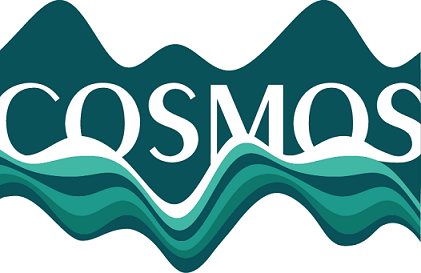
COSMOS
Complex Oscillatory Systems: Modeling and Analysis. In this EU-funded Marie Skłodowska Curie ITN, 15 ESRs are being trained in nonlinear dynamics, numerical methods, statistical mechanics and, where needed, basics of neuroscience, physiology, and system biology.
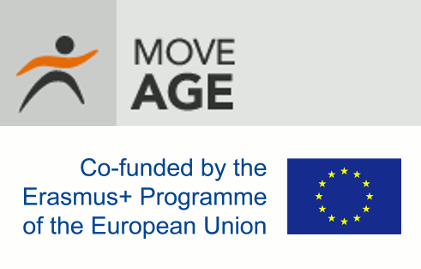
Move-Age
Understanding Ageing and Mobility. Funded by the EU as part of the Erasmus Mundus program, this international training network involves 40-odd PhD students studying age-related changes in human movement.
